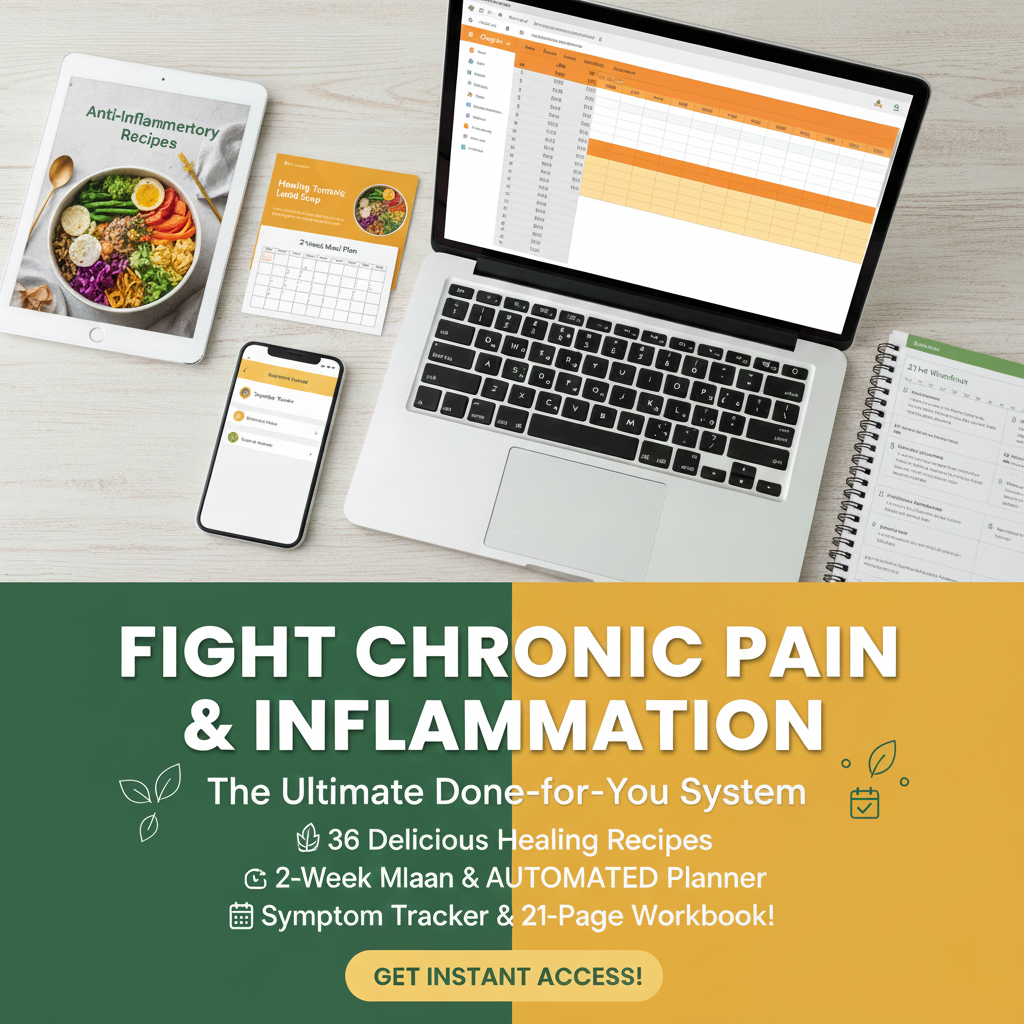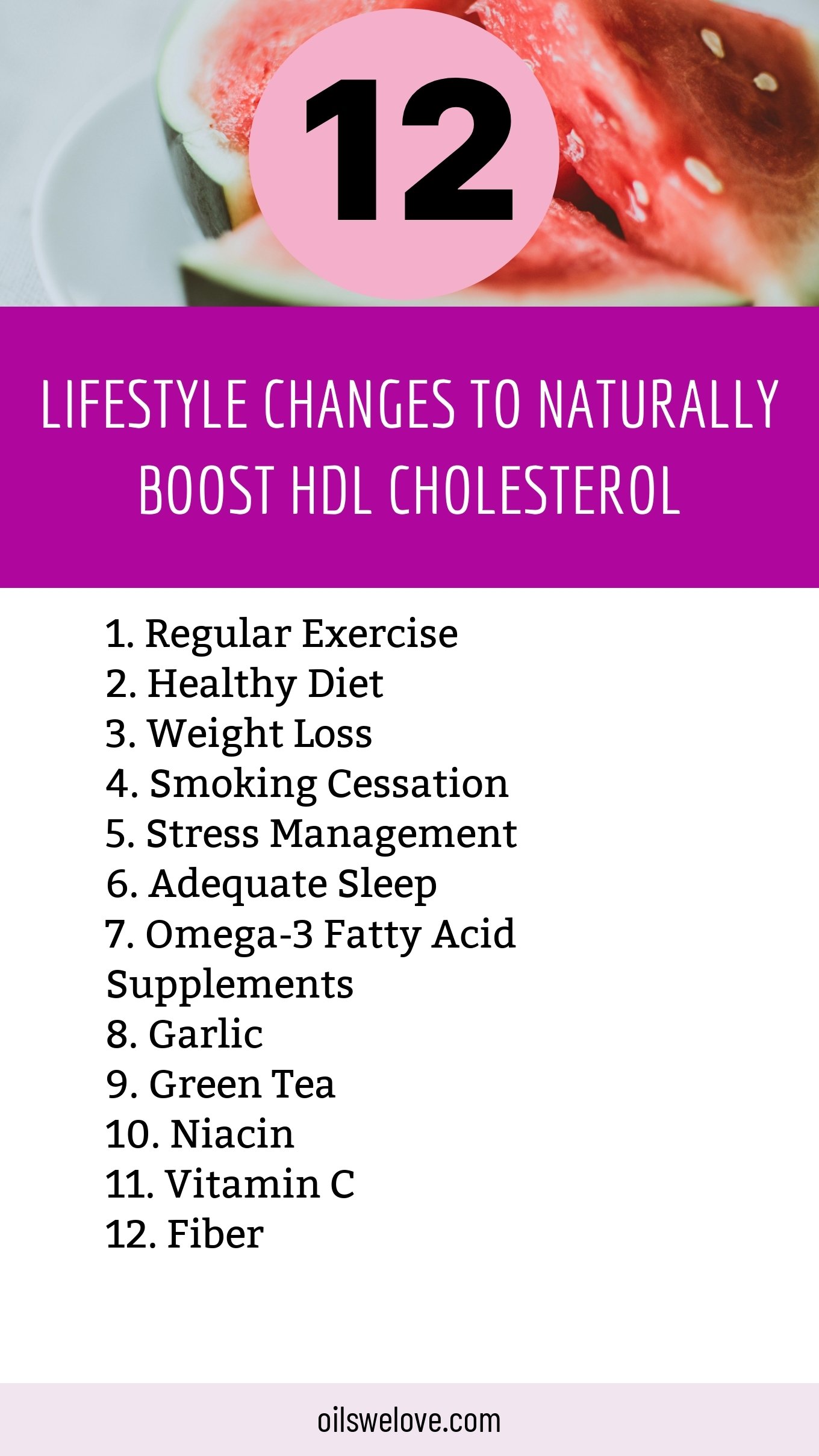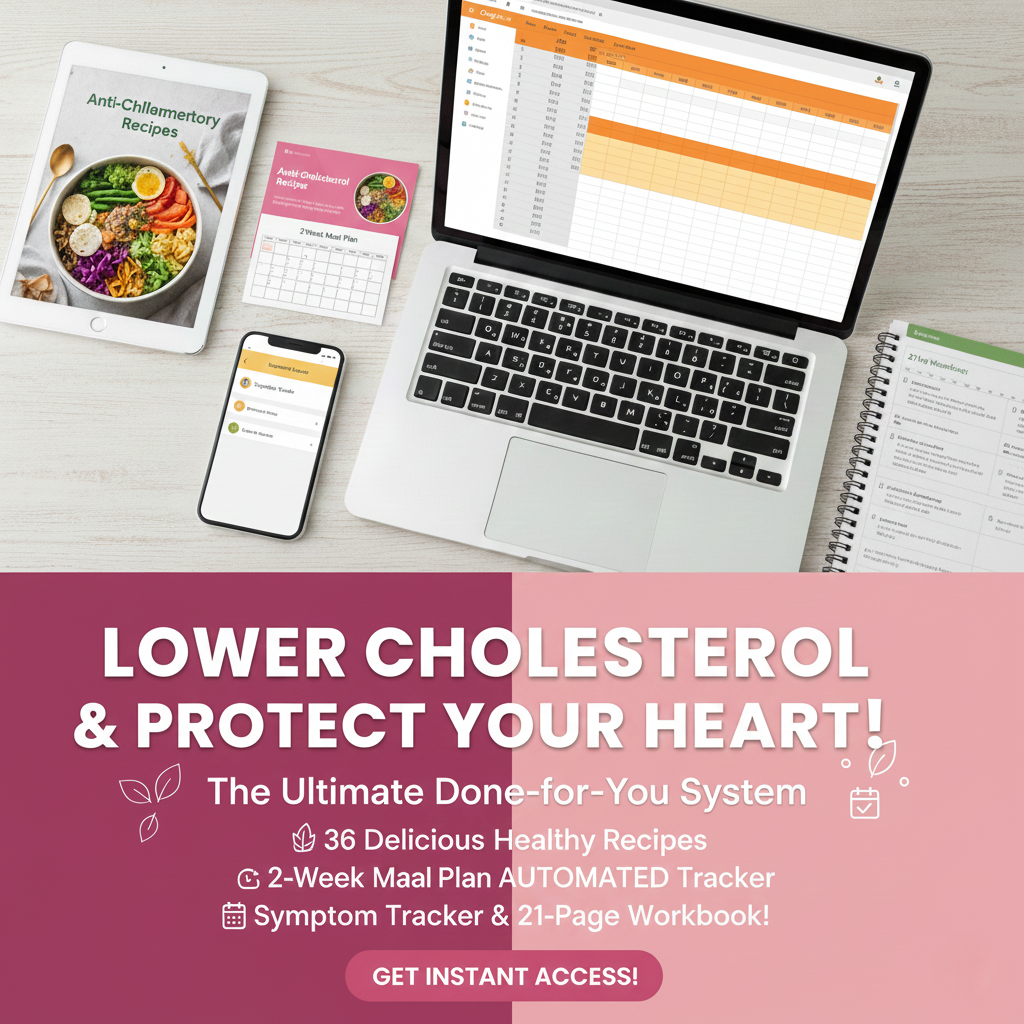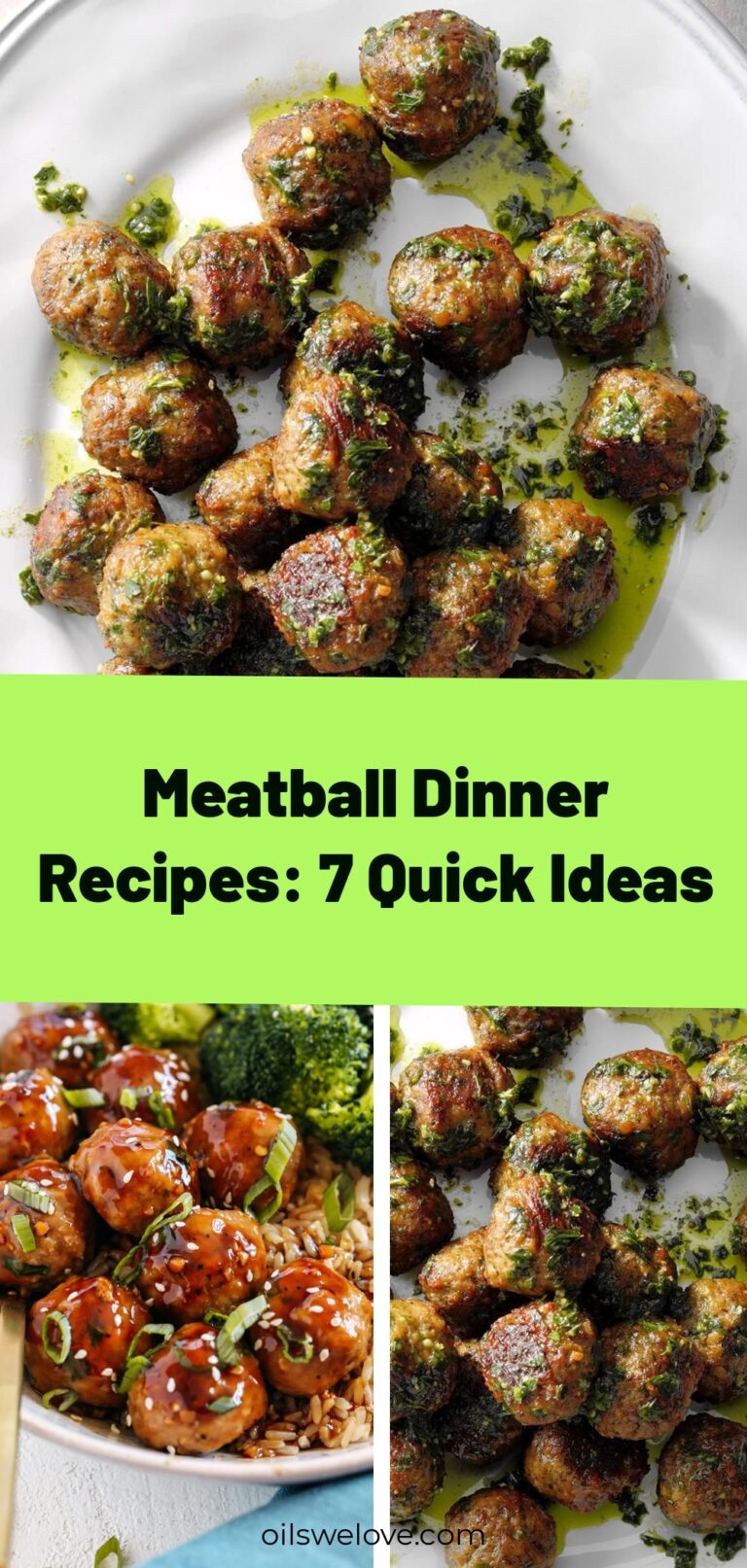12 Lifestyle Changes to Naturally Boost HDL Cholesterol
Boosting your HDL cholesterol levels naturally is one of the smartest things you can do for your heart health.
Here are 12 actionable lifestyle changes that can significantly elevate your HDL (the good kind) and improve your overall well-being.
From easy dietary tweaks to incorporating more physical activity, these evidence-backed strategies are simple yet effective.
We’ll break down each change in a way that’s easy to understand and implement, helping you take control of your cardiovascular health without overwhelming you with medical jargon.


12 Lifestyle Changes to Naturally Boost HDL Cholesterol
High-Density Lipoprotein (HDL) cholesterol is often referred to as the “good” cholesterol. It helps transport cholesterol from other parts of your body back to your liver, which then removes it from your body. Increasing your HDL cholesterol levels can reduce your risk of heart disease. Here are 12 lifestyle changes to naturally boost HDL cholesterol.
1. Regular Exercise

Regular physical activity is a powerful tool to boost your HDL cholesterol levels. Research from the American Heart Association shows that consistent exercise can increase HDL by up to 5%. Activities like brisk walking, jogging, biking, or swimming can be highly effective. Aim for at least 30 minutes of moderate exercise most days of the week to see significant benefits.
2. Healthy Diet
Adopting a healthy diet is crucial for boosting HDL cholesterol. The National Heart, Lung, and Blood Institute recommends a diet rich in fruits, vegetables, whole grains, and lean proteins while being low in saturated and trans fats. Studies show that eating a diet that emphasizes healthy fats from olive oil, avocados, and nuts can improve HDL levels. Incorporate a variety of colorful produce to meet your nutritional needs.
3. Weight Loss
Shedding those extra pounds, particularly around the abdominal area, can positively impact your HDL cholesterol levels. A study in the Journal of Clinical Endocrinology and Metabolism found that losing weight can increase HDL levels by up to 10%. Focusing on a balanced diet combined with regular exercise can help you achieve and maintain a healthy weight. Even a modest weight loss of 5-10% of your body weight can make a significant difference.
4. Smoking Cessation
Quitting smoking is one of the best decisions you can make for your overall health, including boosting your HDL cholesterol levels. According to a study published in the Journal of the American Medical Association, quitting smoking can increase HDL cholesterol by up to 10%. The chemicals in tobacco negatively impact your lipid profile. Seeking support through smoking cessation programs can be a game changer.
5. Stress Management
Managing stress effectively can also improve your HDL cholesterol levels. Techniques such as meditation, yoga, and deep breathing exercises have been shown to increase HDL levels by up to 5%, according to the Journal of Clinical Psychology. Chronic stress can negatively impact your heart health. Implementing daily relaxation techniques can help you manage stress more efficiently.
6. Adequate Sleep
Getting enough sleep is essential for maintaining a healthy HDL cholesterol level. Research in the Journal of Sleep Research found that inadequate sleep can decrease HDL levels by up to 10%. Aim for 7-9 hours of quality sleep per night. Establish a consistent sleep schedule and create a relaxing bedtime routine to improve your sleep quality.
7. Omega-3 Fatty Acid Supplements
Supplementing with omega-3 fatty acids can elevate your HDL cholesterol. A study published in the Journal of the American College of Cardiology found that omega-3 supplements can boost HDL levels by up to 5%. Omega-3s are found in fish oil, flaxseeds, and walnuts. Including these supplements or foods in your diet can benefit your lipid profile and overall heart health.
8. Garlic
Incorporating garlic into your meals can also aid in raising HDL cholesterol levels. According to a study in the Journal of Nutrition, garlic can increase HDL by up to 10%. Garlic contains compounds that help in reducing bad cholesterol while improving the good one. Add fresh garlic to your dishes or consider garlic supplements after consulting with your healthcare provider.
9. Green Tea
Drinking green tea has multiple health benefits, including boosting your HDL cholesterol. A study from the Journal of Clinical Lipidology revealed that green tea can increase HDL levels by up to 5%. Green tea is rich in antioxidants, which contribute to heart health. Enjoy a cup or two of green tea daily to make the most of its benefits.
10. Niacin
Niacin, also known as Vitamin B3, is effective in increasing HDL cholesterol levels. Research in the Journal of the American College of Cardiology shows that niacin supplements can boost HDL by up to 15%. Niacin helps reduce the production of LDL cholesterol and triglycerides. However, speak to your healthcare provider before starting niacin supplements, as it may have side effects.
11. Vitamin C
Vitamin C is not only essential for your immune system but also for managing your cholesterol levels. According to a study in the Journal of Clinical Lipidology, Vitamin C supplements can increase HDL cholesterol by up to 5%. Consuming a diet rich in Vitamin C through fruits and vegetables can naturally help. Supplements are also an option, but consult with a healthcare professional first.
12. Fiber
Eating fiber-rich foods is an excellent way to boost HDL cholesterol. The American Heart Association states that fiber can increase HDL levels by up to 10%. Foods such as fruits, vegetables, whole grains, and legumes are high in dietary fiber. Fiber not only helps in improving cholesterol levels but also aids in digestion and maintaining a healthy weight.
Incorporating these lifestyle changes can significantly improve your HDL cholesterol levels and overall heart health. Remember to consult with a healthcare professional before making substantial changes to your diet or exercise routine. Tailoring a plan specific to your needs will yield the best results and contribute to a healthier, more vibrant life.
Delicious Foods That Naturally Raise HDL Levels
Boosting your HDL cholesterol can be a delightful journey through a variety of tasty foods. Here are some delicious options to include in your diet:
- Fatty fish: Salmon, mackerel, and sardines are rich in omega-3 fatty acids.
- Olive oil: Use extra virgin olive oil for salad dressings or cooking.
- Nuts: Almonds, walnuts, and pecans are excellent HDL boosters.
- Avocados: Add slices to salads or smoothies for a healthy fat source.
- Berries: Blueberries, strawberries, and raspberries are packed with antioxidants.
- Whole grains: Oats, quinoa, and barley improve overall cholesterol levels.
- Beans: Kidney beans, chickpeas, and lentils are fiber-rich options.
- Dark chocolate: Choose chocolate with at least 70% cocoa.
Incorporate these foods into your meals to naturally elevate your HDL cholesterol and enjoy the health benefits.




